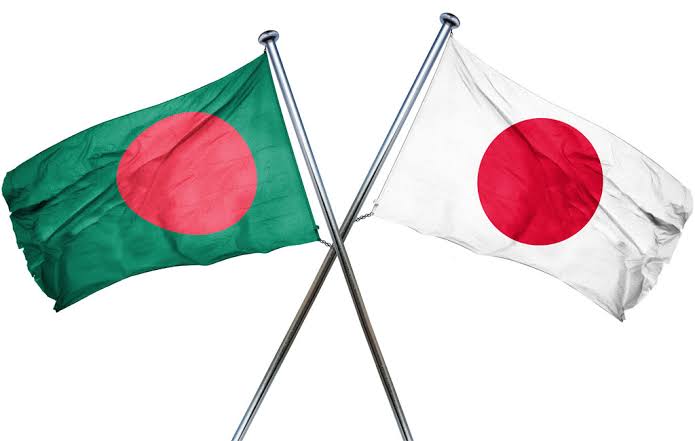ALIF
Published:2020-10-01 19:25:19 BdST
Study favours FTA with Japan
Signing a free trade area (FTA) agreement with Japan will be immensely beneficial to Bangladesh in the post-LDC era when the country losses trade concessions, a study has found.
Presently, all but a few Bangladeshi products enter Japan with duty and quota-free facility, but that would not last long after Bangladesh graduates from the least-developed country status by 2024.
"Yes, we can think about it. FTA can be signed provided Japan agrees," said an official of the Bangladesh Trade and Tariff Commission (BTTC).
The commission studied the pros and cons of signing an FTA with Japan after being instructed by the ministry of commerce and is scheduled to present the findings before the ministry officials today (Thursday).
Earlier commerce secretary Jafar Uddin had told the national taskforce on LDC graduation that his ministry was working on the continuation of duty-free facility by signing FTA or PTA with prospective countries.
He noted that the ministry has already got cabinet approval for signing the country's first bilateral PTA with Bhutan.
He also said Japan is positive about signing an FTA or PTA with Bangladesh.
BTTC member (International Cooperation) Mostafa Abid Khan said on Tuesday Bangladesh has to sign an FTA with Japan instead of PTA, because Japan mainly signs economic partnership agreement, which covers everything like a comprehensive FTA.
Mr Khan said the FTA will be beneficial to Bangladesh, but Japan's conditions for signing such a deal can be stringent.
"We can start the negotiation," he said, adding FTA negotiation is a lengthy process.
He added the negotiations on framing an FTA among the member states of the South Asian Association for Regional Cooperation (SAARC) started in 1999 and was concluded in 2005.
The talks on FTA among the BIMSTEC (Bay of Bengal Initiative for Multi-Sectoral Technical and Economic Cooperation) began in 2004, but that has not concluded yet.
Mr Khan said negotiations on the bilateral FTA are tough. "Even if the two sides maintain compromising mode, the conclusion of such a deal needs at least two to three years.'
Bangladesh imports goods worth some $1.8 billion from Japan and exports goods worth $1.3 billion from there, which is over 3.0 percent of the country's total global trade.
According to a study of the General Economics Division of Bangladesh Planning Commission, in the post-LDC era, the country will lose most of the international support measures and face severe competition thereafter.
"Not surprisingly, the biggest source of loss comes from the withdrawal of trade-related ISMs. The preferential access to markets at zero or very low tariffs has been a big boost for Bangladesh exports," it said.
The study suggested inking trade agreements with countries and major trade blocs to offset the possible financial losses from the withdrawal of the trade-related ISMs.
Unauthorized use or reproduction of The Finance Today content for commercial purposes is strictly prohibited.


